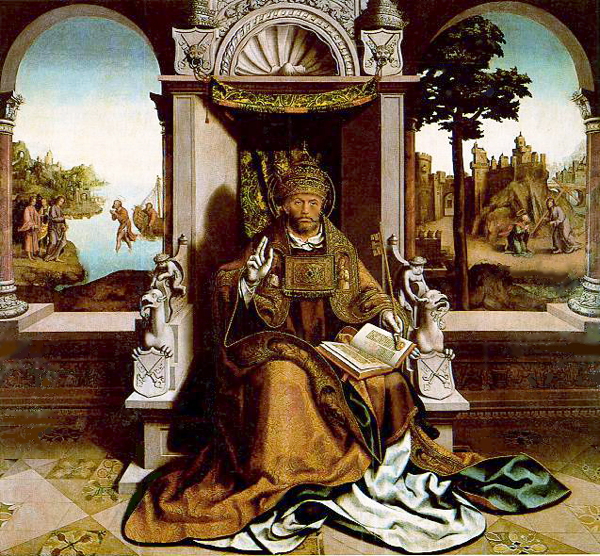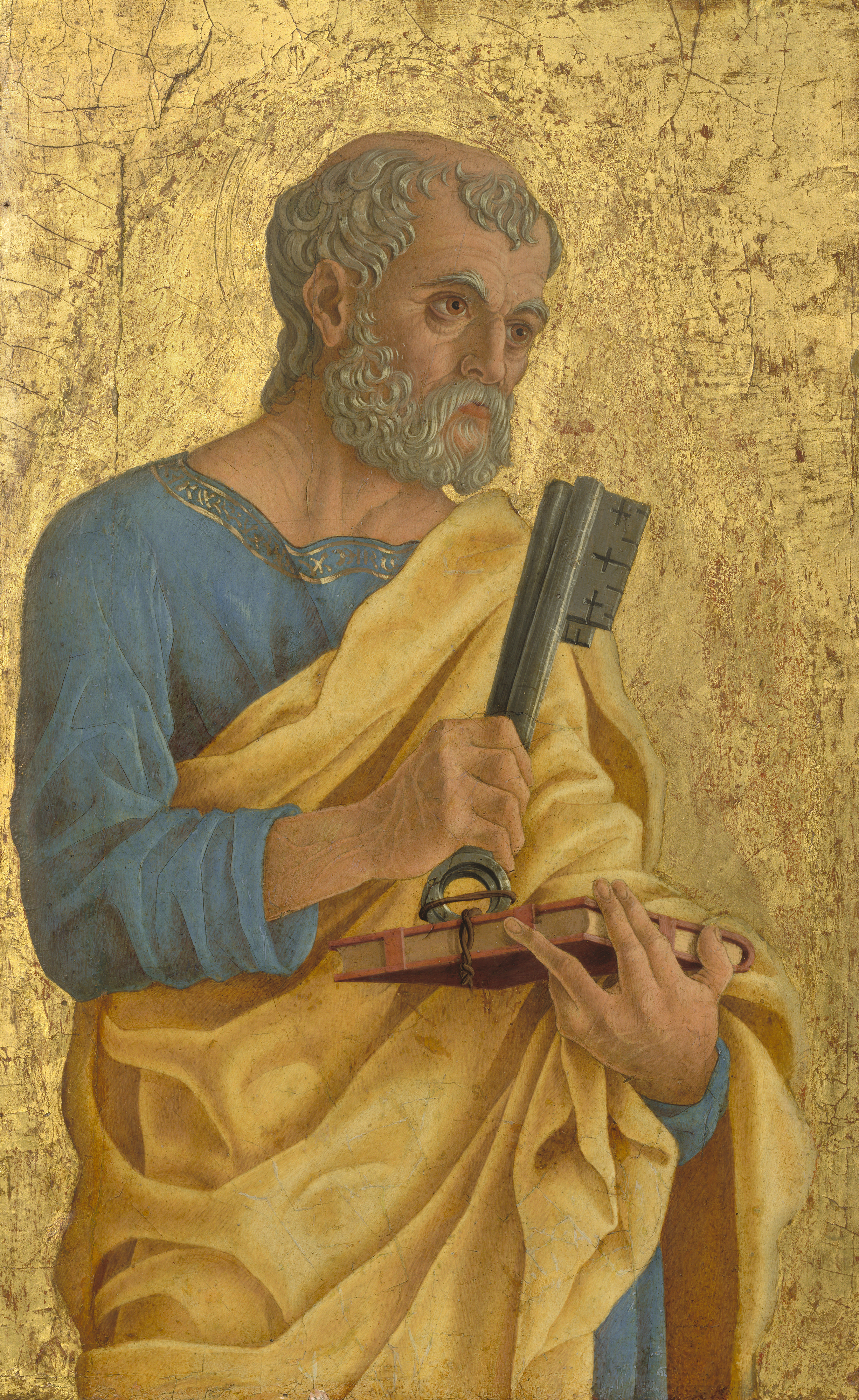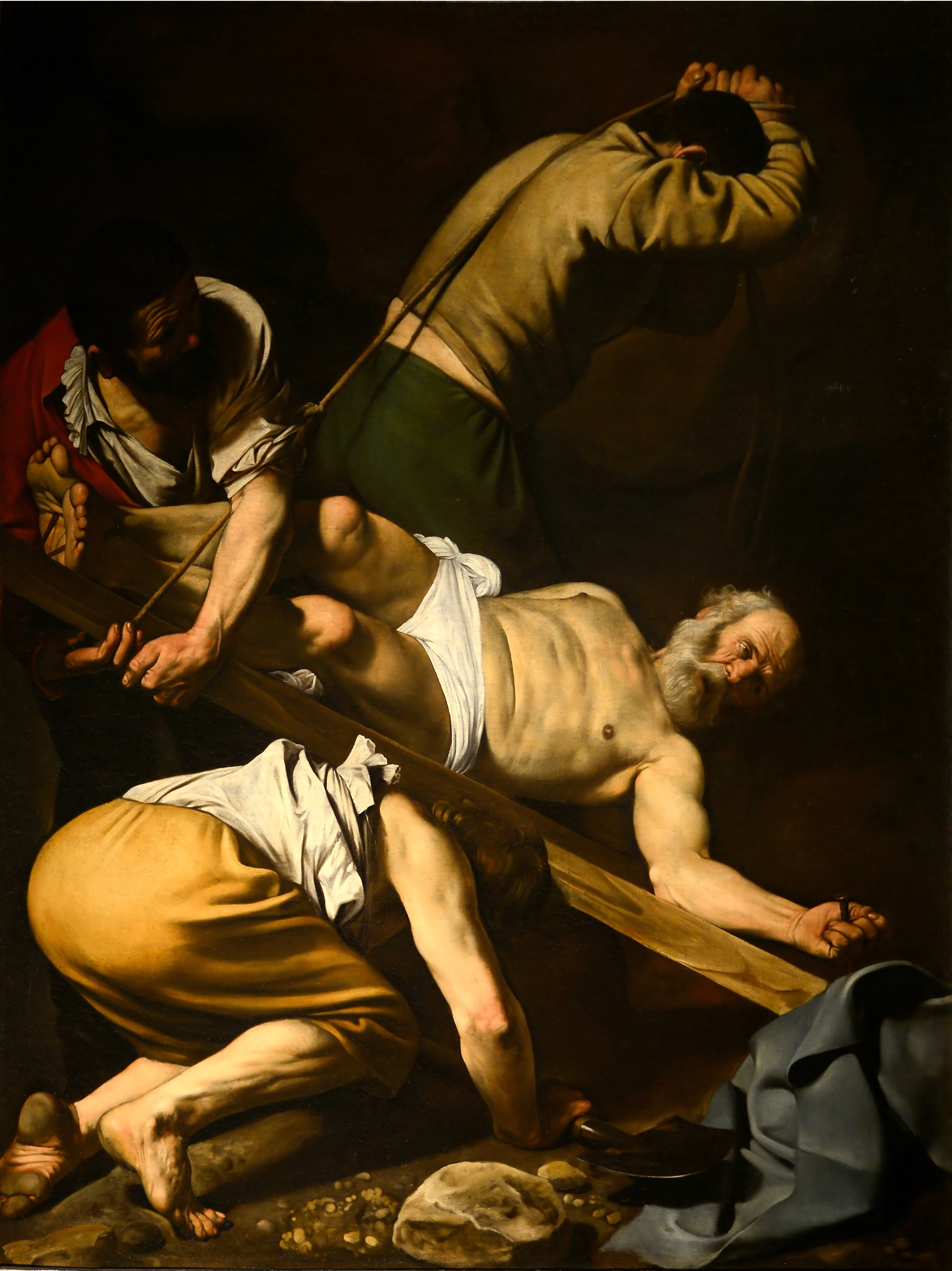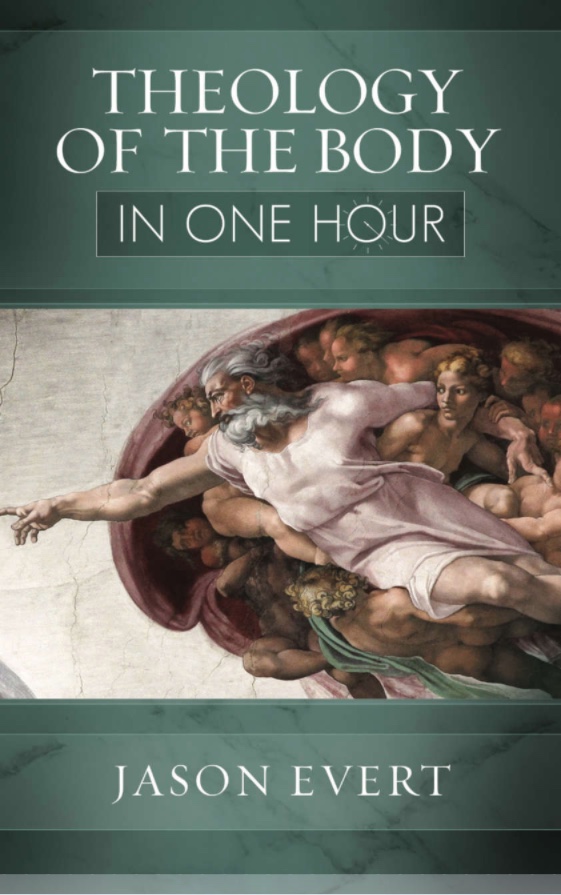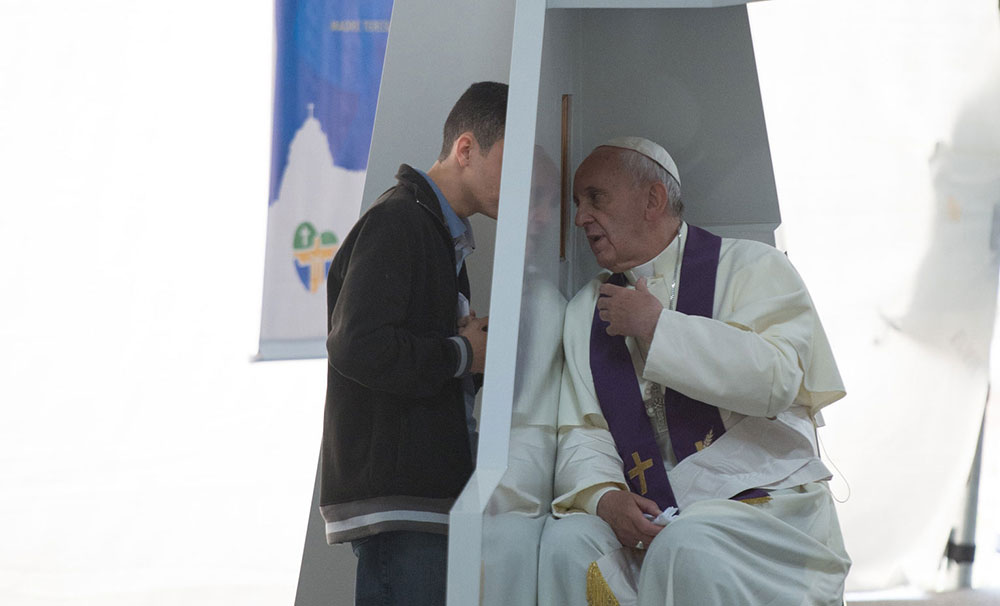
-by Br Vincent Antony Löning, OP. (English Province)
“I know of few people who have loved Christ so much as to take a blade to their heart and inscribe the Holy Name of Jesus in their blood upon their breast. Blessed Henry Suso is one of them. He used to call his beloved crucified Lord “God’s Eternal Wisdom”, which indeed Christ is. Although in his lifetime Blessed Henry suffered much and was not renowned for being a great theologian or preacher, the manuscripts surviving of his writings suggest he was the most widely read spiritual author in the later Middle Ages until the publication of the Imitatio Christi.
Henry Suso had a very strong devotion to Christ’s passion and crucifixion, and speaks of it in very human terms. This makes him, and especially his Little Book of Eternal Wisdom, ideal reading and material for meditation during Lent. He is ready to admit his weaknesses. As he tells Christ, “Alas! There is just now in my soul a bitter complaint, that Thy Passion does not at all times thoroughly penetrate my heart, and that I do not meditate on it so affectionately as in reason I ought to do, and as is worthy of Thee, my Lord elect; teach me, therefore, how I ought to comport myself!” A valuable lesson for us here is that prayer should be our first recourse, whenever we undertake something new, or struggle to persevere in what we have already begun. It is even the solution when prayer itself becomes difficult!
Jesus’s incarnation means that in order to come to meet His divinity, I must also come to meet his humanity. Christ tells Blessed Henry in one of their encounters, “My humanity is the way one must go, My Passion the gate through which one must penetrate, to arrive at that which thou sleekest.” It is this humanity that Christ gradually unveils in the series of conversations that form the Book of Eternal Wisdom. Blessed Henry ends the book by leaving us one hundred meditations on the Passion. Taken from it, here is a prayer he addresses to Our Lady at the foot of the Cross:
Thy woeful heart was without consolation from all mankind. Oh, pure Lady, on this account forget not to be a constant protectress of my whole life, and my faithful guide. Turn thy eyes, thy mild eyes, at all times, with compassion on me. Watch over me like a mother in every temptation. Protect me faithfully against my enemies, protect me beneath thy tender arms. Let thy faithful kissing of Christ’s wounds be to me as a tender reconciliation with Him; let the wounds of thy heart obtain for me a cordial repentance of my sins; thy fervent sighing procure for me a constant yearning; and let thy bitter tears soften my hard heart; be thy lamentable words even as renunciation to me of all voluptuous speeches, thy weeping form as a casting away of all dissolute conduct; thy disconsolate heart as a despising of all perishable affections, that I may only cherish a perpetual desire of Him, and may persevere in His praise and service to the grave. Amen.”
Love,
Matthew


